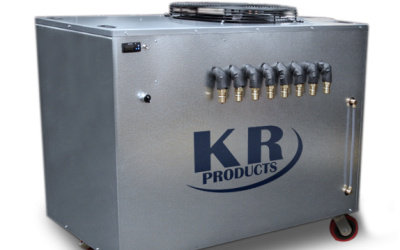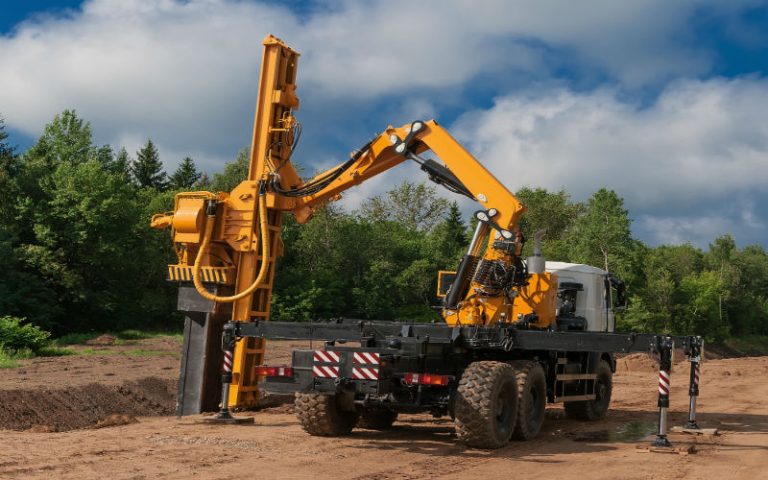Torque is a measure of the force that causes rotation. Torque is usually expressed in newton meters. Engineers need to ensure that the torque specification for bolts is properly optimized. This article will explore the factors that affect the torque specification for bolts.
Construction Design
A bolt’s design determines the torque required for its tightening. For example, a bolt with a longer shank will have more strength than one that has a shorter shank. However, if the bolt material is soft, it would be easy to bend while tightening it.
Load and Friction Factor
The bolt load is the force that causes it to rotate in one direction or another. The shape of the bolt and its length all contribute to how much friction will occur when it is tightened. This can also be affected by where the bolt’s head and nut meet each other. If they do not meet adequately (e.g., they do not fit tightly), more friction will occur when you tighten them down.
Bolt Material
The material used to make the bolt is also important. Bolts made of steel are commonly used in construction projects because they are more robust and durable than any other material. However, steel bolts can be very expensive. They also do not last as long as other materials, but they are often more durable and have a higher torque than other materials.
Bolt Size
When choosing a bolt size for your project, many factors can affect its size. These factors include the weight of the object you’re trying to secure, how much pressure will be on the bolt, and the size of the bolt hole. The larger the size the greater the torque force required.

